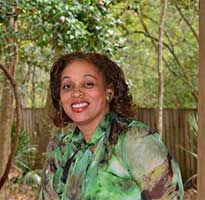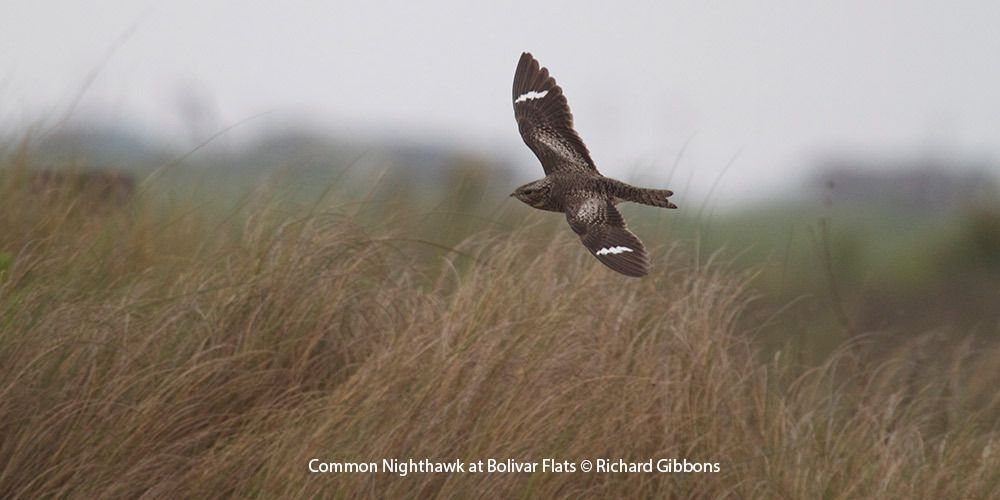
Fall migration is in full swing, and the day after Hurricane Laura, I watched my first fall visitor—a solitary Ruby-throated Hummingbird—fluttering around the bottlebrush and Turk's cap in my backyard. Suddenly, I became captivated by the beauty, strength, and resilience of this tiny, amazing bird and its determination to survive and thrive. This hummingbird and millions of other migrating birds making heroic journeys every fall and spring are beacons of resilience, a quality so many call upon in times of need.
In recent years, the term resilience —our ability to bounce back and carry on in the face of adversity and natural disasters—has been regularly invoked, and with good reason. The Houston Gulf Coast Region has experienced devastation almost yearly over the past decade, from droughts to massive floods. But Houstonians and all Texans alike stand together. We always find ways to help each other to keep moving forward even in the most difficult times.
Being resilient is a necessity, and while mankind and nature may be inherently resilient, we owe it to future generations to tackle the issues of today. There are environmental, economic, and social maladies associated with climate change; and the consistent degradation of our natural world is growing in both scale and complexity. Storms are more intense and frequent, atmospheric and ocean temperatures are increasing, seas are rising, and these changes are negatively affecting both habitat and wildlife as seen in the decline in the diversity of species.
Presently, a global pandemic that began in March 2020 has extended well into the 2020 hurricane season. At first glance, these phenomena may appear disconnected, but are they? Are environmental inequities of both wildlife and humanity affecting the natural order? Is social distancing, a new dynamic in everyday life, not weighing heavily on the minds and attitudes of humanity? Are not all of the changes in the natural order of life on earth having an effect on self-contained emotions and making matters worse with social injustices and freedom of expression?
While many of these questions remain unanswered, as a society we need to be rethinking our relationship and connection to the natural world. This is not a new concept. The central message in Henry David Thoreau's 1854 book Walden is "to live a life dedicated to exploring and enjoying—but also conserving—nature, as opposed to consuming and earning material riches." Walden was one of the many seminal works that inspired conservation and environmentalism over the years. And I find the message just as relevant today.
The issues we face require bold action at all levels of society, but what we do locally matters. Being a part of an organization that extols our relationship and connection to nature, embraces all people, and recognizes the importance of everyone working together is rewarding. Houston Audubon is such an organization. These values guide our work on the ground and are evident in the programs we deliver.
In spite of the unanswered questions, issues at hand, and uncertainties we face, the work of your Houston Audubon continues for the betterment of everyone, and that is something we can all be proud to be a part of.


